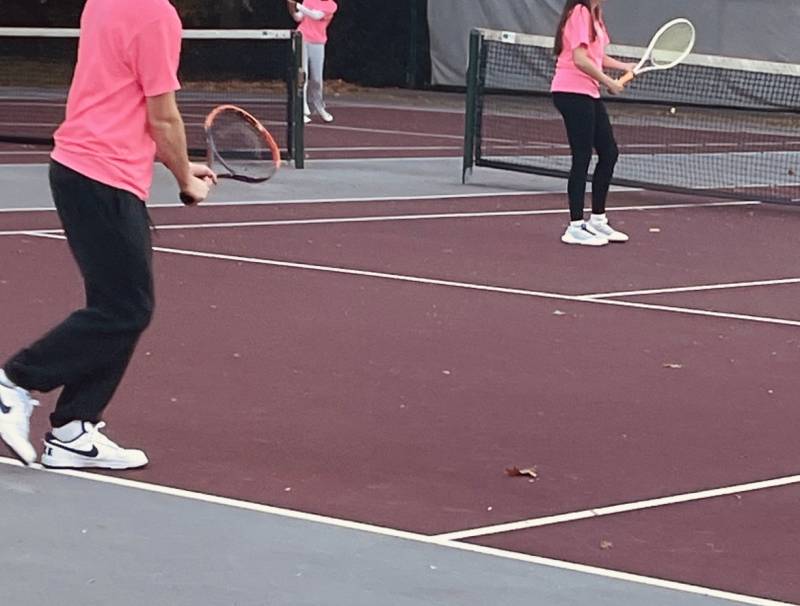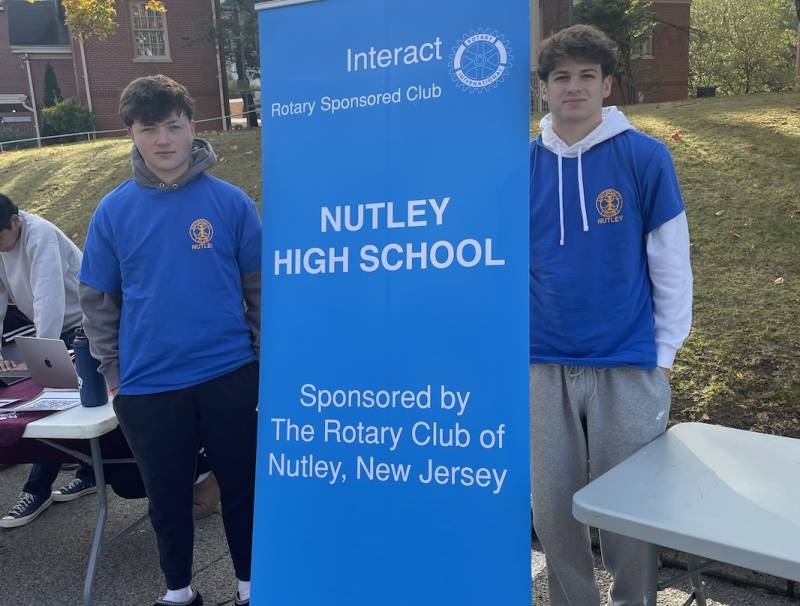Administration Enforces Phone Policy to Boost Engagement
Administrators and teachers are taking steps to address concerns over student disengagement by getting stricter with its cell phone policy. Principal Dennis Williams shared that the school administration, in efforts with the central office and the superintendent, is working to strengthen language around cell phone use. The academic committee of the Board of Education is also involved in this discussion.
"We don’t know exactly what the final policy will look like yet; but, we are committed to making changes," said Williams. "Schools across the nation are dealing with this issue, and we’ve seen examples, like Ramsey, New Jersey, where a full ban has led to reduced bad behavior and improved academic progress."
The concerns around cell phone use come from research linking screen time to increased student depression, lack of social interaction, and struggles with school. Williams noted that the issue has only gotten worse since the COVID 19 pandemic with more students being distracted in the classroom.
To enforce the policy, the school is setting up a system of consequences. A first offense will result in a warning, a second offense will lead to a teacher detention, and a third offense will result in confiscation of the phone. However, Williams acknowledged that enforcement will be hard due to parental pushback.
"About 75% of parents support our efforts to keep students focused, but the other 25% feel the need to be in constant contact with their child," he said. "While we understand, parents can always call the office to reach their student."
Despite the challenges, studies presented to the school administration shows that reduced phone use in schools has been linked to lower anxiety levels among teenagers. "Phones accelerate negative behavior. They provide dopamine hits that make it difficult for students to focus on learning," Williams said.
Students around the high school have mixed opinions on the stricter cell phone policy. Sophomore Jayden Giunta disagrees with the restrictions, arguing that students should have more freedom over their phone use. "I get the concerns, but taking away our phones isn’t going to help," Giunta said.
However, sophomore Carlia Tucker agrees, believing it will help students concentrate more in class. "I think it’s a good idea because even I noticed phones have been an issue, " Tucker said. "When I don’t have my phone I get my work done way faster.”
The policy will allow for some flexibility, as teachers may allow phone use if it has to do with the lesson. "The biggest challenge we will face is ensuring consistency across classrooms," Williams admitted. Nonetheless, as the policy continues to develop, the administration hopes to have balance between limiting distractions and allowing reasonable phone access when needed.








